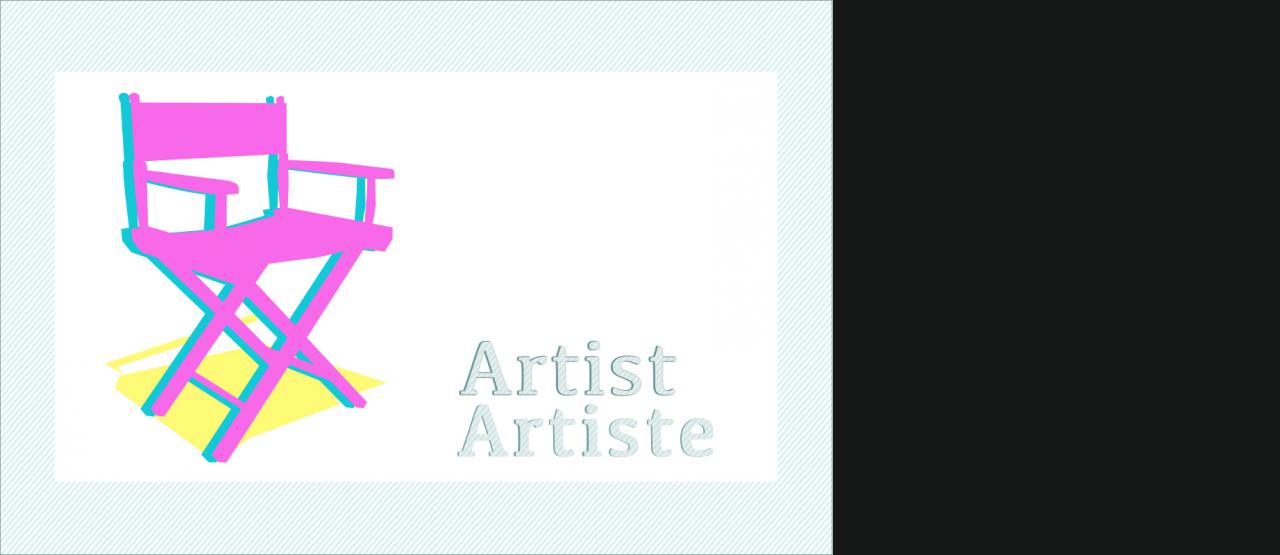Lynne Fernie

Documentarist, artist, programmer/curator. Fernie was an active and versatile member of the Toronto interdisciplinary arts scene when Studio D boss Rina Fraticelli recruited her to direct what would become the NFB’s most important queer film and one of their biggest hits of the 1990s, Forbidden Love: The Unashamed Stories of Lesbian Lives (1992, Montreal, 85). Together with co-director Aerlyn Weissman, she injected a fresh postmodern aesthetic and politics–and erotics!—into the feminist studio in its final years, leading to standing ovations wherever the film was shown. There had been raves at queer community film festivals before, but never had a new Canadian film been so well-timed nor the rush of response ever been so unanimous, charged, and deserved. Perhaps the Pandemic and the Tory regime had worn queer audiences down, or perhaps it was the element of surprise that the homophobic government studio had finally put out. What was the common ground shared by the two topics brought together by the filmmakers—imported American lesbian-themed pulp novels in the postwar era, and the emerging network of lesbian or lesbian-friendly bars in the three Canadian metropoles in the 1950s and 1960s? The dominant tone of nostalgia for the abject aura of the “underground,” present in both the seedy watering holes and the sensationalist pulp. This past was reclaimed both by the film’s slew of aging dyke witnesses and by the linking fictional narrative of the country girl who discovers the urban subculture and ends up as her own pulp cover illustration in the arms of a butch brunette. No doubt the discovery of forbidden history was felt as an antidote to the growing normalization of a love that was not quite as forbidden in 1992 as it once was—and this at a time when same-sex marriage was scarcely a gleam in the collective eye!
After 1992, Fernie went on to make two independent documentaries on the elderly lesbian writer Jane Rule (Fiction and Other Truths, 1995 [Genie]; Jane Rule... Writing, 1997, director credit once more shared with Weissman), again marshalling a creative hybrid approach to a topic now somewhat less risky. Fernie came back to the Board for two spirited shorts aimed at anti-homophobia work in schools, the documentary School’s Out (1996) and Apples and Oranges (2003), a fresh, innovative mix of animation and classroom listening/observation.


